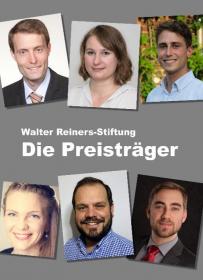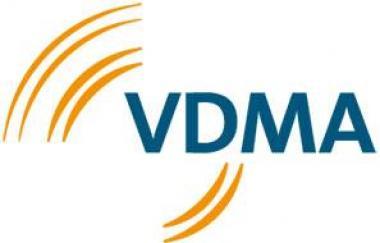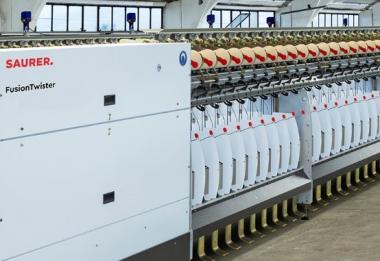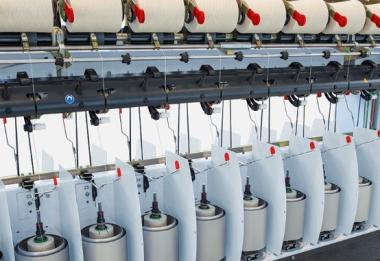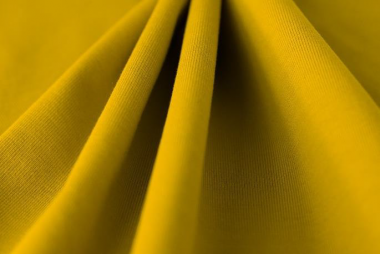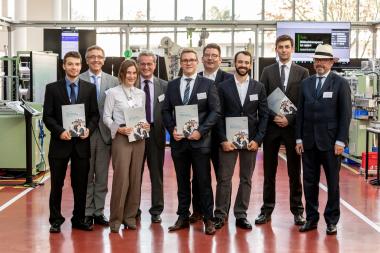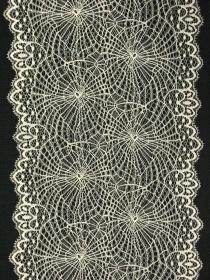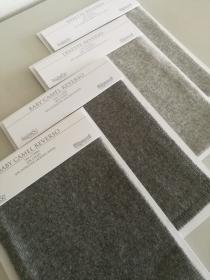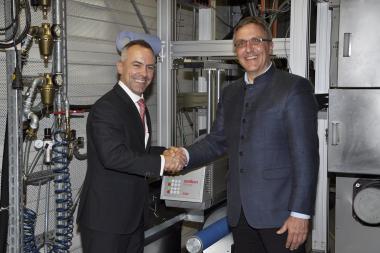NCTO: State of the U.S. Textile Industry Address
National Council of Textile Organizations (NCTO) Chairman David Roberts, who was re-elected for the 2020-2021 term, delivered the trade association’s State of the U.S. textile industry overview at NCTO’s 17th Annual Meeting on March 24.
Mr. Roberts’s speech outlined (1) the U.S. textile industry’s heroic efforts producing PPE in the face of a once-in-a-generation pandemic (2) U.S. textile supply chain, economic, trade data, and (3) NCTO’s 2020 policy priorities for domestic textile manufacturers.
A link of his remarks as prepared for delivery are included in this press statement along with a link to a data infographic prepared by NCTO illustrating the current economic status of the U.S. textile industry.
Mr. Roberts is CEO of Cap Yarns, Inc., a South Carolina specialty yarn manufacturer and a leader in developing unique yarns for the knitting and weaving industry.
NCTO’s annual meeting was held virtually March 23-24.
NCTO






